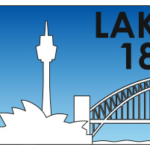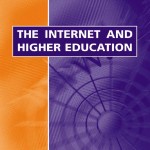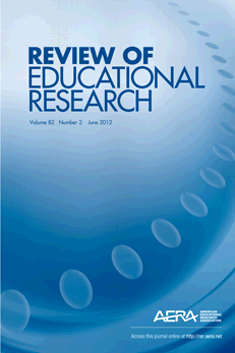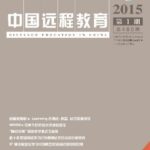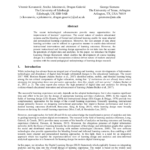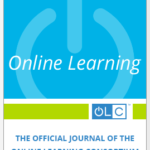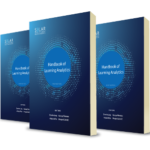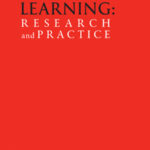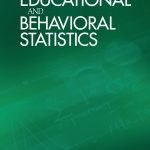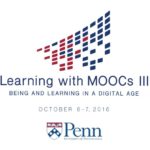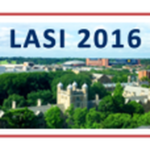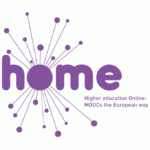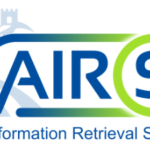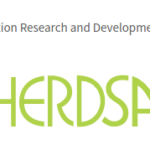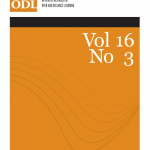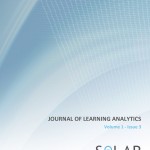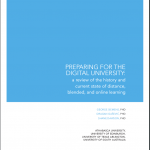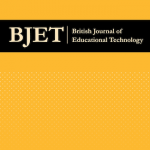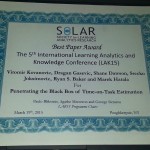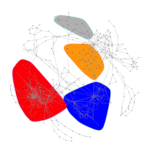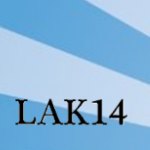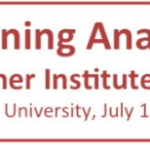Our paper got finally accepted, after almost two years of starting working on this study.
Kovanović, V. , Gašević, D., Joksimović, S., Hatala, M., and Adesope, O. (2015). Analytics of communities of inquiry: Effects of learning technology use on cognitive presence in asynchronous online discussions. The Internet and Higher Education, in-press.
Preprint is available for download here.
Abstract:
This paper describes a study that looked at the effects of different technology-use profiles on educational experience within communities of inquiry, and how they are related to the students’ levels of cognitive presence in asynchronous online discussions. Through clustering of students (N=81) in a graduate distance education engineering course, we identified six different profiles: 1) task-focused users, 2) content-focused no users, 3) no users, 4) highly intensive users, 5) content-focused intensive users, and 6) socially-focused intensive users. Identified profiles significantly differ in terms of their use of learning platform and their levels of cognitive presence, with large effect sizes of 0.54 and 0.19 multivariate η 2 , respectively. Given that several profiles are associated with higher levels of cognitive presence, our results suggest multiple ways for students to be successful within communities of inquiry. Our results also emphasize a need for a different instructional support and pedagogical interventions for different technology-use profiles.
Highlights:
- We investigated technology-use profiles within graduate masters level course in software engineering at Canadian public university, using six offering of the course with the total of 81 students.
- Our results indicate existence of six different technology-use profiles, which are associated with different levels of cognitive presence – as confirmed by MANOVA analysis and followup ANOVA and DFA analyses.
- Building on a previous research of Community of Inquiry model, meta-cognition, student technology-use, conception of learning, and motivation, we provide a detailed description of the identified clusters and provide discussion of the impact of our findings on educational research and practice.
Keywords: Community of Inquiry, Learner Profiles, Clustering, Distance Education, Human Agency


